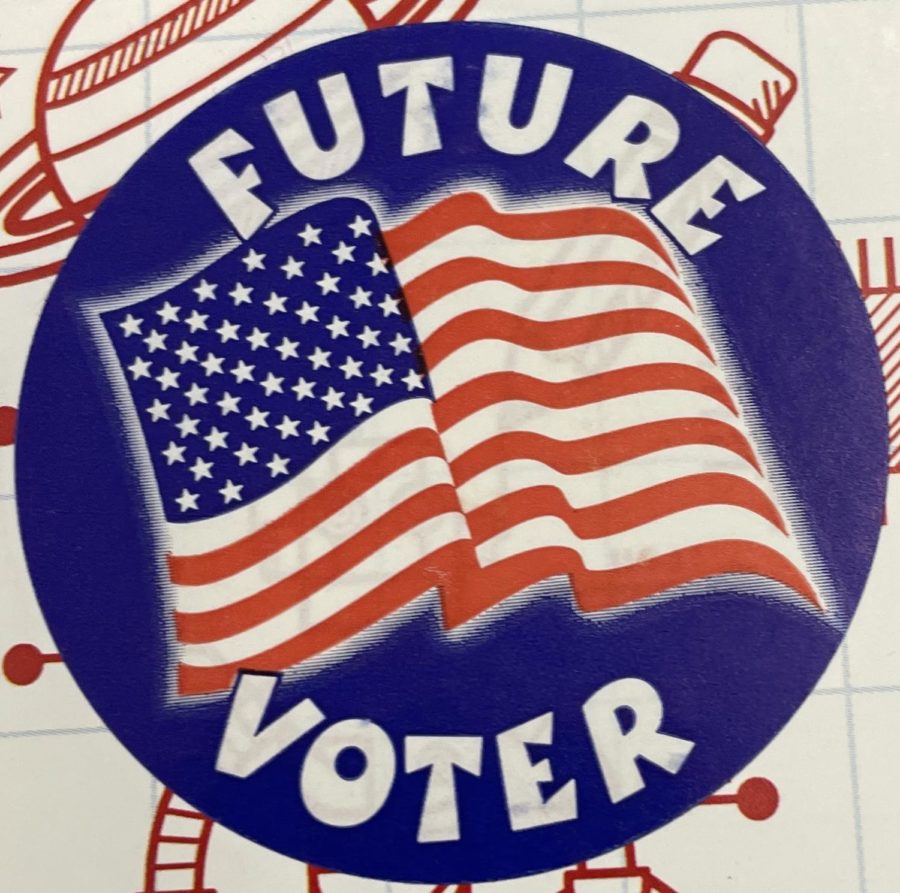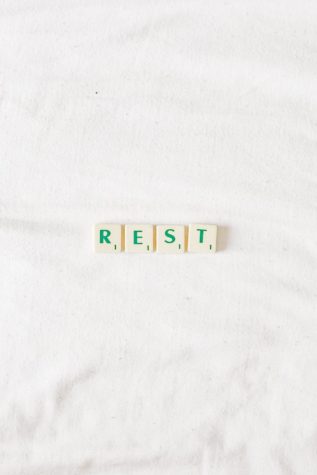Introduction to the New Debate Series
Debates are crucial in an election year as candidates competing for office present voters with their platforms and policy ideas. The debate stage should be a platform in which these policies are drilled into, their merits tested in a high-pressure context, and in response to questions that voters want asked and need answered to cast their ballots.
The circumstances surrounding this year’s presidential campaign have put the candidates’ televised debates under an even brighter spotlight than usual. The first in a series of three televised debates, which aired Tuesday, September 29th, was painful to watch as President Trump and Vice President Biden failed not just to deliver coherent policy remarks but failed at civil speech as well. Washington Post political reporter Aaron Blake wrote an excellent analysis of the debate in which he tallied the number of times each candidate interrupted the other or moderator Chris Wallace. According to Blake’s count, during the first debate the President interrupted Mr. Biden 71 different times, while Mr. Biden interrupted 22 times. These numbers are astonishing to me as an indication of how little the focus of the debate was on campaign platforms. Rather, the goal appears to have been to drown out ideas.
Of course, I held the youngest audience members in my mind. What might students take away from the cut-throat atmosphere? I also wondered how I might fare in the moderator’s shoes. As an English teacher, I often find myself moderating heated disputation. Thankfully none so heated as to involve name-calling or insults. I anticipated that Wallace’s performance would face scrutiny. Mr. Lentz notes, “Without the power to cut microphones, insert fact-checks, or otherwise follow up on non-sequiturs, moderators are left to try to run an asylum on goodwill alone.” In all fairness, peakers can get the facts wrong, especially given the pressures of the spotlight. Could this debate cycle catalyze a turning point, a shift in the rules that govern presidential debates? Perhaps a larger cultural shift to repudiate hostile speech?
Facts are just as important in presidential debates as rhetoric, even if they may not be prized as heavily. In The Academy program last year students and teachers emphasized the importance of delivering balanced and fair arguments substantiated by evidence. Dr. Hight explains, “I think that it’s really hard for a debate to function if the participants aren’t aware of the fundamentals of polite debate and willing to abide by them. In The Academy, this was the difference between the first few seminars, when students were still learning how to be good caretakers of the conversation–listening carefully; acknowledging the other speakers’ points; and building off what was said previously–and later discussions. Early on, there is a tendency for a pop-corn effect: a series of teacher questions and single student answers. This very same thing seems to often happen in presidential debates.”
I really love Dr. Hight’s phrase, “caretakers of the conversation.” While we might associate a debate with confident, articulate, assertive, and eloquent speech, listening is just as important. It is in the spirit of informed, and well-moderated, debate that the newspaper staff would like to introduce a new regular series titled, “Through a Different Lens.” Journalism students prize the process of evaluating issues, knowing that in allowing our community to read these perspectives, we will better our understanding not just of the topic but of each other. Two articles will be published in this space that approach a topic from different viewpoints. Through reading and listening, we hope we might also come to understand what it takes to hear a perspective other than your own.






